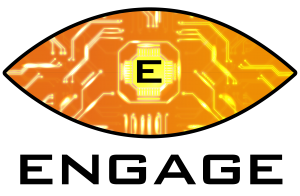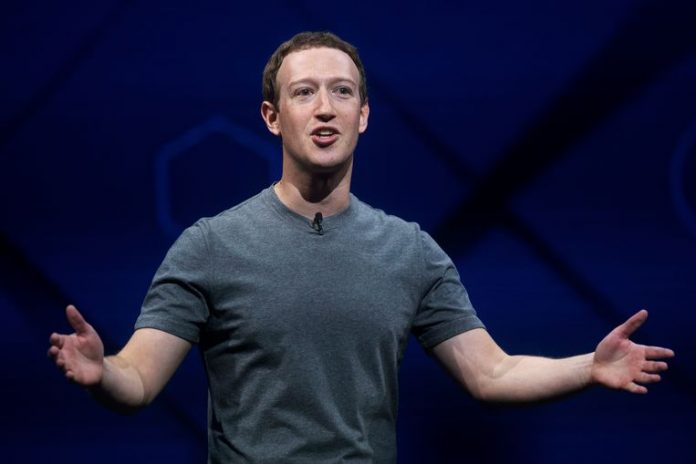Mark Zuckerberg and Facebook have just made a number of announcements in their quarterly community update and earnings call. Talking specifically on the subject of Oculus VR, Zuckerberg stated that the Oculus Quest 2 had outperformed their sales expectations, seeing strong sales even beyond the holiday season.
He puts much of the Quest 2’s success down to its wireless capabilities, suggesting that consumers aren’t interested in a wired product. “Some other folks might try to ship something that they claim is higher quality but has a wire, and I just don’t think that consumers are going to want to go for that” said Zuckerberg.
“Having wires wrapped around you just really breaks the sense of presence and immersion” Zuckerberg said.
Facebook’s performance in non-ad revenue grew to $732 million this last year, owing much of this success to the Quest 2. Zuckerberg suggested that the price and features of the wireless Oculus Quest 2 sees continued interest that surpass its wired rivals.
Recently, Facebook VP Andrew Bosworth, who is in charge of AR/VR for Facebook and Oculus, suggested the headset would be on sale “for a long while”. Facebook plans to release monthly software updates for the headset in its goal to improve the overall experience, most recently with the introduction of Air Link and 120hz refresh rates.
He said this via his official Facebook account:
Quest 2 is doing better than we expected, even after the holiday season. We continue to see good engagement, and we keep shipping updates that make Quest better and better, including Air Link that enables wireless streaming of games and content from PCs and support for 120Hz refresh rates.
Now, achieving Quest’s high quality in a wireless form factor has been a major breakthrough. Having wires wrapped around you really breaks the sense of presence and immersion. The technology to deliver a great experience wirelessly is very advanced, and most companies aren’t going to be able to deliver this, but we believe that it’s the minimum bar for a high quality experience.
This quarter we also shared more about our future investments, including neural interfaces for interacting with AR. And we started testing our new avatar system, which will be a key part of how people express themselves and connect.
One interesting trend is that we’re seeing the app ecosystem broaden out beyond games into other categories as well. The most used apps are social, which fits our original theory for why we wanted to build this platform in the first place. We’re also seeing productivity and even fitness apps. For example, we launched a tool so people can subscribe to services like FitXR to do boxing and dancing in VR just like they would for biking on Peloton.
We introduced App Lab so developers can ship early versions of their apps directly to consumers without having to go through the Oculus Store. Between App Lab and streaming from PCs, we’re pioneering a much more open model of app store than what’s currently available on phones today.
Now, over time, I expect augmented and virtual reality to unlock a massive amount of value both in people’s lives and the economy overall. There’s still a long way to go here, and most of our investments to make this work are ahead of us. But I think that the feedback we’re getting from our products is giving us more confidence that our prediction for the future will happen and we’re focusing on the right areas.

